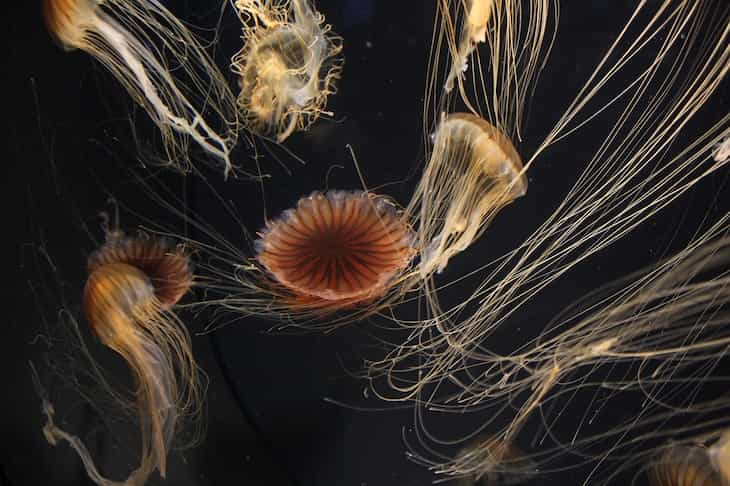Jellyfish exhibit a unique and intriguing biological phenomenon that distinguishes them from many other animals – transdifferentiation.
This process allows jellyfish to respond to injuries or aging by transforming their cells into younger versions, essentially undergoing a type of cellular rejuvenation.
While not conferring true immortality, this capability grants jellyfish the potential to renew and extend their lifespan through a form of cellular regeneration.
Transdifferentiation in Jellyfish
The process involves a reversal to an earlier developmental stage, allowing different cell types to be generated from existing ones.
This remarkable trait has attracted scientific interest, leading to ongoing studies aimed at unraveling the molecular mechanisms that drive transdifferentiation in jellyfish.

Scientific Exploration
Researchers are delving into the genetic and cellular processes involved in transdifferentiation to gain a deeper understanding of how jellyfish can rejuvenate their cells.
This exploration may provide insights into cellular regeneration and aging, potentially influencing fields like regenerative medicine.
Implications and Applications
While not fully understood, the study of jellyfish transdifferentiation holds promise for addressing age-related challenges and injuries in other organisms.
Scientists hope that by deciphering the mechanisms at play, they can unlock new possibilities for combating the effects of aging and promoting cellular regeneration in different contexts.
Previously, we talked about kiwi birds.









